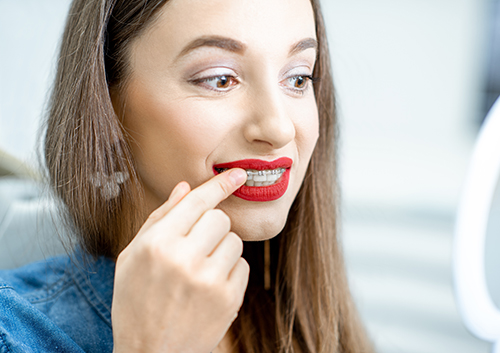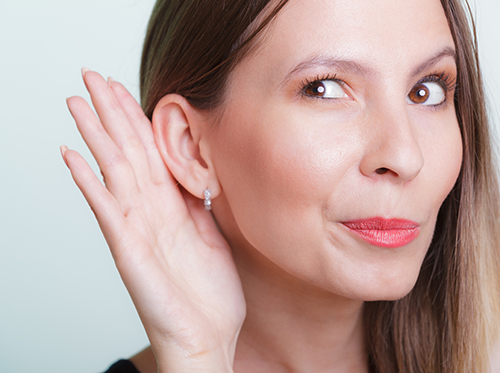Why Do I Need Rubber Bands?
May 13th, 2020

Getting braces is a huge step in creating the beautiful smile you want. It’s easy to see how important your wires and brackets are. Week by week, you and your family and friends can see the progress you’re making as your teeth become straighter. That makes all the careful brushing, periodic adjustments at our Vienna, VA & Great Falls VA office, and annoying loose ligatures worthwhile.
And while straight, even teeth are the visible reward you get for your months in braces, there’s a benefit that’s every bit as important that might go unnoticed by your friends and family—a healthy, properly aligned bite.
Many people have some kind of malocclusion, or bad bite. There are several different bite problems we treat. Some of the most common are:
- Overjet (the upper front teeth protrude too far forward over the bottom teeth)
- Underbite (the bottom teeth overlap the top teeth)
- Crossbite (one or more teeth haven’t come in in the proper position, often with an upper tooth fitting inside a lower tooth)
- Open bite (the upper and lower front teeth don’t touch).
When the jaws and teeth don’t fit together properly, you might be looking at damaged teeth, headaches, and painful problems with the temporomandibular joint, or jaw joint, in your future. That’s why correcting your bite early is so important. Using rubber bands with your braces is one of the most popular and effective ways to help create a better bite.
Bands are used with your braces to gradually move your teeth into their best position. Specially designed brackets with tiny hooks are bonded to very specific teeth. Why so specific? Because the placement of the brackets depends on which type of malocclusion we are correcting. Rubber bands are then attached to the bracket hooks, usually from an upper tooth to a lower one. When they are in just the right position, those little bands provide just enough force to move your teeth more quickly and effectively than braces alone can.
If you need bands to help correct any kind of malocclusion, you will play a very important part in your orthodontic treatment. It will be your job to attach your bands every day. Don’t worry—while it can seem confusing at first, we’ll make sure you know exactly how and where to place them.
How long should they stay in? You’ll probably need to wear your bands 24 hours a day. It’s while you’re moving your mouth and jaw muscles that your bands are working their hardest. Talk to us about removing them for brushing and flossing, and whether you should wear them while you eat.
Can you use the same bands over several days? Not a good idea. Bands are selected for size and strength to move your teeth very precisely from visit to visit. When bands stay on too long, they become too stretched out to supply the proper pressure needed to move your teeth efficiently. Dr. Allen Garai & Dr. Karen Tratensek will let you know how long is too long for your specific bands.
Are two bands better than one? Absolutely not. Again, the bands you’re given at each visit are designed for your specific needs. Too much pressure can actually be harmful. Just keep to your recommended schedule of replacing bands, and your orthodontic treatment will stay right on track.
Attaching rubber bands? Keeping them on all during the day? Replacing them as needed? All of these responsibilities might seem a bit overwhelming at first, but we are here to give you all the information and support you need to succeed. Because straight, even teeth and a bite that is healthy and functional? That’s truly how you create your beautiful smile!





 Website Powered by Sesame 24-7™
Website Powered by Sesame 24-7™